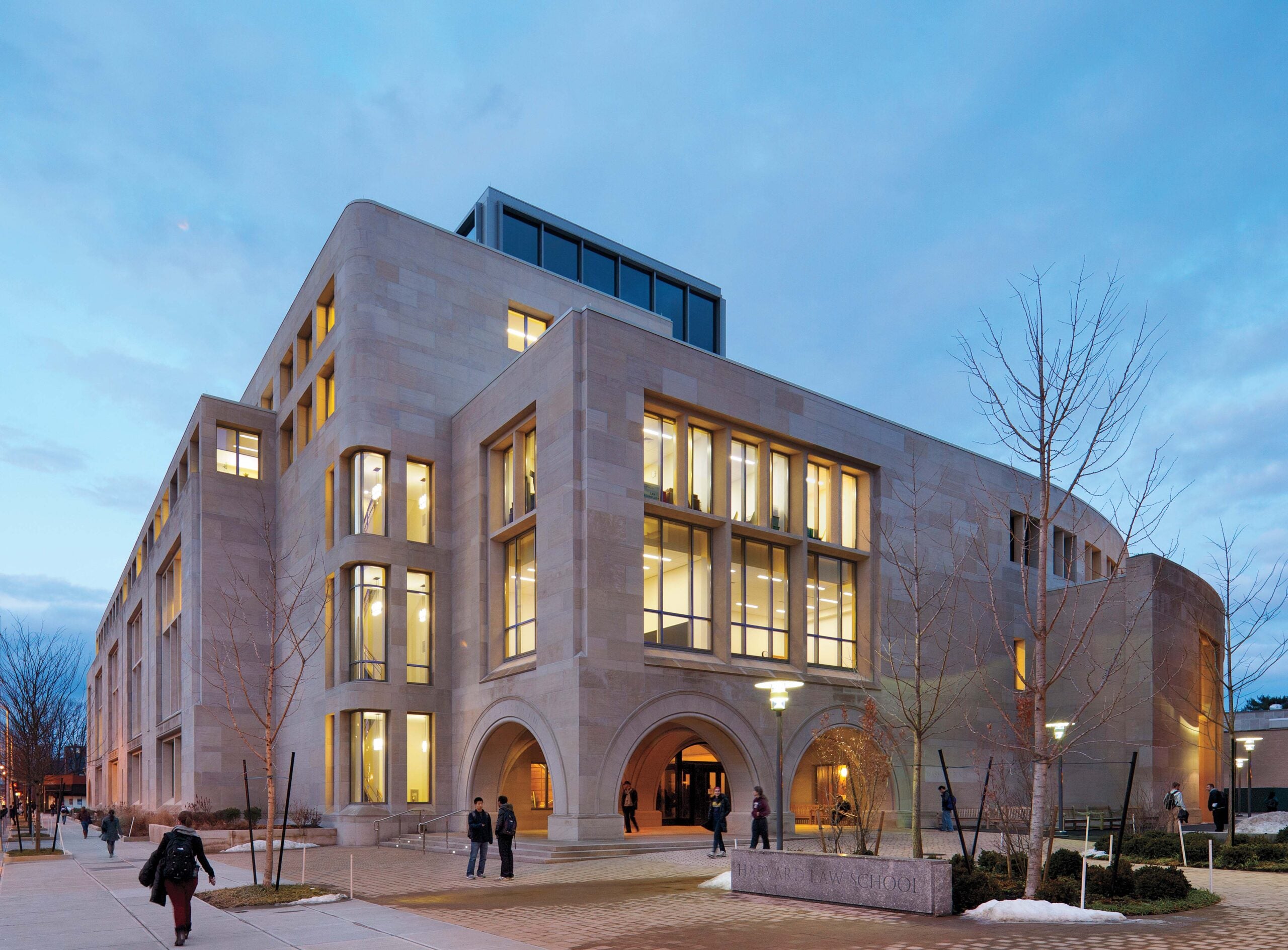Harvard Law School’s Criminal Justice Policy Program has received a generous grant from the Laura and John Arnold Foundation. The grant supports the program’s work to advance reform of unfair policies for imposing fees and fines in the criminal justice system. The grant, which totals more than $1 million, will allow the Criminal Justice Policy Program to assist policymakers and advocates around the country seeking to bring about change in this area.
“Last month, President Obama ’91 said that criminal justice reform ‘Isn’t just about what makes economic and practical sense. It’s about making sure that we live up to our ideals as a nation,’” said Martha Minow, Morgan and Helen Chu Dean and Professor at Harvard Law School. “In small towns and big cities, fines and fees used to fund courts lead to jailing many people simply because they are too poor to pay and racial disparities pervade the entire system. The superb leaders and students involved in the Criminal Justice Policy Program are working toward viable solutions, and I am thrilled their vital work is receiving invaluable support and recognition.”
The Criminal Justice Policy Program will work closely with partners around the country pursuing policy change. The program will analyze existing legal and policy structures that impose excessive criminal justice debt or encourage improper enforcement mechanisms, such as jailing indigent defendants for non-payment. The program will provide guidance in developing alternative legal frameworks. In addition, the program will create an innovative Internet-based resource to enable local advocates to analyze the legal underpinnings of criminal justice debt in their states and identify areas of needed reform.
“Excessive fees and fines pose a fundamental challenge to a fair and effective criminal justice system,” said Larry Schwartztol, executive director of the Criminal Justice Policy Program. “At their worst, these practices can lead to a two-tiered system of criminal justice, exposing indigent defendants to especially harsh outcomes. We are excited to expand our program’s capacity to help policymakers and advocates navigate the legal terrain and craft high-impact reforms.”
There has recently been unprecedented attention directed at the need for reform in this area. In March, the Justice Department sent a letter to state chief justices and state court administrators throughout the country urging them to improve court practices relating to fees and fines. This follows a White House convening in December 2015 dedicated to the issue and reflects a wave of reform efforts by public interest litigators and other advocates seeking reform in particular jurisdictions.
“There is tremendous momentum for reform in this area,” said Carol Steiker, the Henry J. Friendly Professor of Law at Harvard Law School and faculty co-director of the Criminal Justice Policy Program. “Yet there are no guarantees that those opportunities will be realized. Excessive fees and fines backed by incarceration exist in almost every jurisdiction in the country. State law in many jurisdictions is sprawling and complex, which can create a real barrier to effective reform. By contributing rigorous and creative legal and policy analysis, our program aims to provide a set of resources that will be crucial for translating momentum in meaningful change.”
“The Criminal Justice Policy Program is exceptionally well-suited to take on this project,” said Alex Whiting, Professor of Practice at Harvard Law School and faculty co-director of the Criminal Justice Policy Program. “This is an area where there is a growing consensus about what the problem is, but much less clarity about what the solutions will look like. Together with the excellent Harvard Law Students who participate in our program’s work, we will help chart a path forward.”
The Criminal Justice Policy Program at Harvard Law School launched in 2015. It seeks to advance criminal justice reform using a variety of tools, including rigorous legal and policy analysis and convenings that bring stakeholders together to develop solutions to hard problems of criminal justice reform. It works independently, with partner organizations, and with other centers across Harvard University focused on criminal justice issues.
